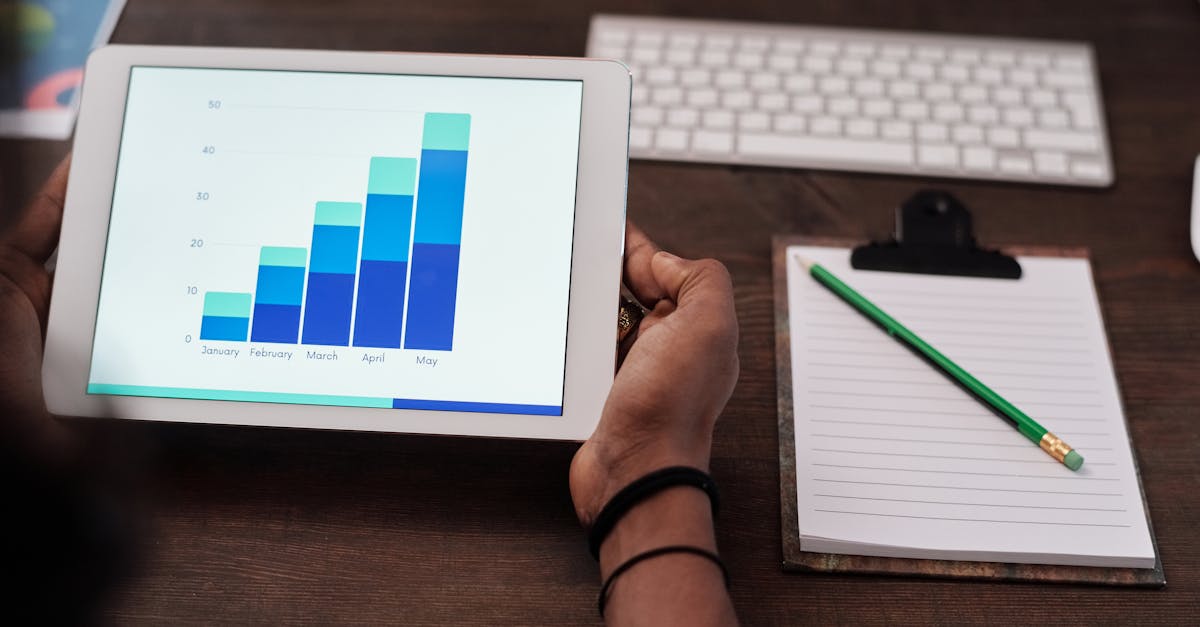
Table Of Contents
Technical SEO Considerations
Technical SEO lays the foundation for a well-optimised website. It encompasses aspects such as site architecture, URL structure, and the use of meta tags. Ensuring that your site is crawlable by search engine bots is crucial. Properly structured sitemaps and robots.txt files lead to better indexing. Additionally, incorporating Local SEO strategies highlights your business in local searches, making it easier for nearby customers to find you.
Improving site speed is another vital component of technical SEO. A fast-loading website enhances user experience and decreases bounce rates. Mobile responsiveness also plays a significant role in this aspect. With a growing number of users accessing websites via mobile devices, optimising for mobile ensures that your content is accessible and functional across all platforms. Integrating these technical considerations into your overall SEO efforts can lead to better ranking outcomes and more organic traffic.
Improving Site Speed and Mobile Responsiveness
Improving site speed is crucial for maintaining user engagement and enhancing overall site performance. Slow-loading pages can lead to higher bounce rates, negatively impacting both user experience and search engine rankings. Adopting practices such as optimising images, minimising HTTP requests, and enabling browser caching can significantly enhance your website’s speed. Investing in a reliable web hosting provider also plays a pivotal role in ensuring your site runs smoothly.
Mobile responsiveness is equally vital, especially considering the rise in mobile browsing. With more users accessing websites via smartphones, having a responsive design improves user experience and accommodates various device sizes. Additionally, search engines prioritise mobile-friendly sites in their rankings, making it essential for Local SEO strategies. Implementing a responsive design not only maximises your audience reach but also aligns with best practices that search engines favour.
Building Backlinks
Building backlinks remains a crucial aspect of any effective SEO strategy, including Local SEO. The process involves obtaining links from other websites that direct back to your own. These links serve as votes of confidence, signalling to search engines that your site is reputable and authoritative. For local businesses, acquiring backlinks from local directories, community websites, and relevant industry blogs can significantly enhance visibility in local search results. Prioritising quality over quantity is key in this process; a few high-quality backlinks often outweigh numerous low-quality ones.
To effectively acquire quality links, businesses can engage in partnerships with local organisations, sponsor community events, or contribute articles to local publications. Networking within your industry and attending local events can also create opportunities for organic backlinks. It’s essential to create content that provides value to your audience, encouraging other sites to link back to your resources. Engaging actively on social media platforms where local communities gather can further boost your referral traffic and strengthen your backlink profile, ultimately aiding your Local SEO efforts.
Effective Methods for Acquiring Quality Links
Acquiring quality backlinks is essential for enhancing your site's authority and search engine ranking. A strong method involves tapping into local businesses or organisations through partnerships and collaborations. By engaging in community events or sponsoring local initiatives, you not only promote your brand but often receive backlinks from their websites, boosting your Local SEO efforts. This mutual support creates a win-win scenario where both parties benefit from increased visibility and enhanced credibility.
Another effective approach is creating valuable content that others want to reference. This could include in-depth guides, infographics or research relevant to your industry. When you provide unique insights or data, you're more likely to attract links from bloggers, journalists and other websites looking for authoritative sources. Promoting this content through social media and online communities further amplifies its reach, increasing the chance of earning high-quality backlinks that support your Local SEO strategy.
Tracking and Analysing Results
Monitoring the performance of your website is crucial for understanding the effectiveness of your SEO efforts. Implementing tools like Google Analytics and Search Console can provide insights into traffic patterns, user behaviour, and keyword performance. These metrics help identify which aspects of your strategy are working and which ones require adjustments. For those focusing on Local SEO, tracking location-based metrics becomes even more important to ensure your business is reaching the right audience within your community.
Analysing data helps you make informed decisions about your content and marketing strategies. You can assess which keywords drive the most traffic and how visitors interact with your site. Consider integrating local ranking tools to evaluate your performance in search results specific to your geographic area. This targeted analysis not only enhances your understanding of user engagement but also enables you to refine your approach for better visibility and results in Local SEO.
Tools to Measure Your SEO Success
Monitoring the effectiveness of your SEO efforts is crucial for continuous improvement. Various tools can provide valuable insights into your site’s performance, helping you assess both organic traffic and keyword rankings. Google Analytics is a popular choice, offering a comprehensive overview of website traffic and user behaviour. Additionally, platforms like SEMrush and Ahrefs can track keyword positions and provide competitive analysis, enabling you to gauge your progress against competitors.
For businesses focusing on Local SEO, tools such as Moz Local or BrightLocal are essential to streamline local listing management and monitor local search rankings. These platforms help ensure accurate business information across various directories, enhancing your visibility in local search results. Regularly evaluating these metrics allows you to identify areas needing attention and refine your strategy effectively.
FAQS
Is it possible for me to do SEO on my own?
Yes, you can definitely do SEO on your own. Many resources are available online that provide guidance and tools to help you understand and implement effective SEO strategies.
What are the main components of SEO that I should focus on?
The main components of SEO include technical SEO, on-page optimisation, content creation, backlink building, and tracking and analysing results to measure your success.
How important is site speed and mobile responsiveness for SEO?
Site speed and mobile responsiveness are crucial for SEO. Google considers these factors when ranking websites, as they affect user experience. A fast-loading, mobile-friendly site can lead to lower bounce rates and higher engagement.
What are some effective methods for building backlinks?
Effective methods for building backlinks include guest blogging, creating shareable content, conducting outreach to relevant websites, and leveraging social media to promote your content and gain links.
What tools can I use to track and analyse my SEO results?
Some popular tools for tracking and analysing SEO results include Google Analytics, Google Search Console, SEMrush, Ahrefs, and Moz. These tools can help you measure your website's performance and discover areas for improvement.

















































